Global World Citizen

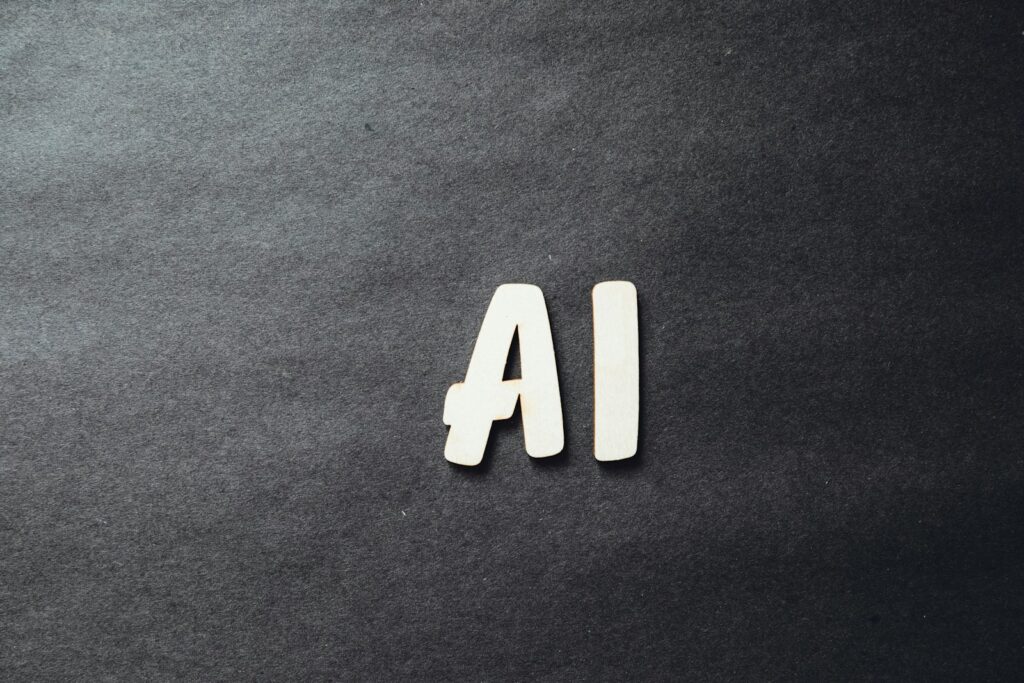
From voice cloning to “digital human” performances and immersive events, iconic celebrities like Judy Garland, James Dean, and Elvis Presley might have passed away, but their earnings are flourishing more than ever.
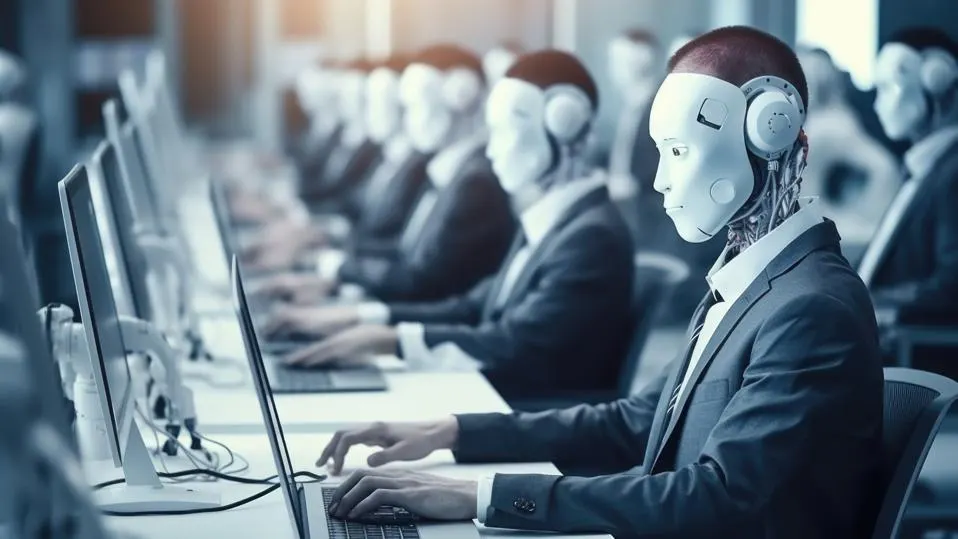
It’s evident to me that AI will significantly transform how we live, work, and entertain ourselves. However, it’s also apparent that there is a considerable amount of hype, confusion, and misinformation surrounding the topic.
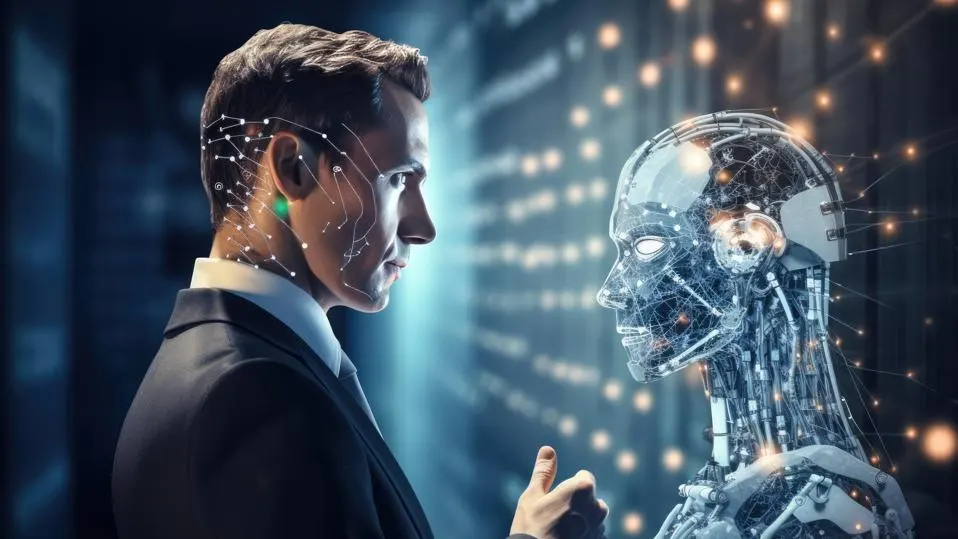
In a time marked by the pervasive presence of artificial intelligence (AI) in our everyday activities and cultural narratives, apprehensions about these systems potentially amassing excessive control or evolving into autonomous overlords are frequently voiced.
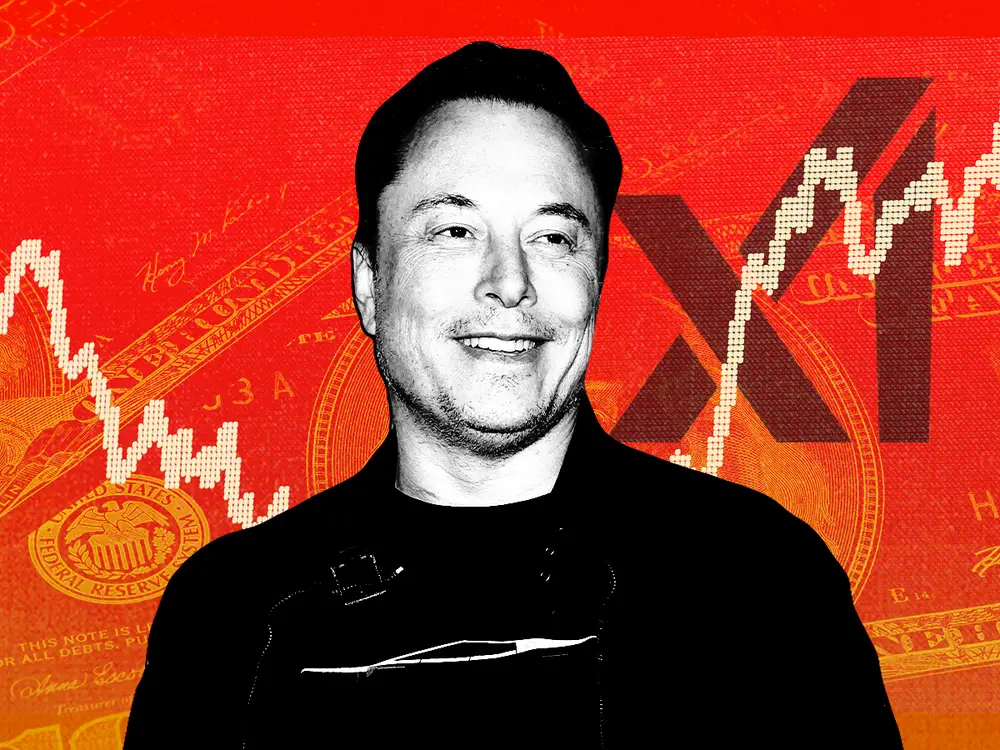
Alibaba co-founder Jack Ma has given his stamp of approval to the Chinese giant’s extensive restructuring efforts and commended the company’s leadership in a memo to employees, as reported by news outlets. This move sparked a surge in shares and marked a notable return to the limelight for the billionaire, who had largely kept a low profile in recent years following a high-profile clash with Beijing.
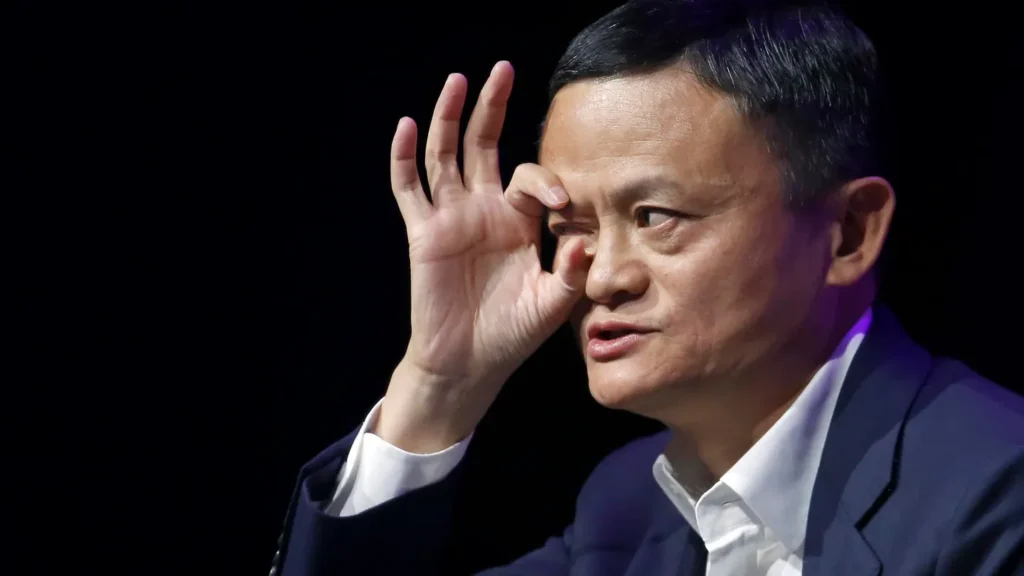
Alibaba co-founder Jack Ma has given his stamp of approval to the Chinese giant’s extensive restructuring efforts and commended the company’s leadership in a memo to employees, as reported by news outlets. This move sparked a surge in shares and marked a notable return to the limelight for the billionaire, who had largely kept a low profile in recent years following a high-profile clash with Beijing.

The real estate sector, traditionally reliant on conventional approaches, is undergoing a significant transformation, all thanks to the integration of artificial intelligence (AI). AI is revolutionizing various aspects of the real estate industry, from property valuations to customer service, not only streamlining operations but also enhancing the overall customer experience and reshaping business strategies.

On Thursday, a bipartisan measure proposing a potential ban on the social media giant TikTok progressed as a House committee unanimously advanced a bill. If approved, the legislation would mandate ByteDance, TikTok’s Chinese parent company, to divest the app within six months, failing which the app could face a complete ban. This move reflects lawmakers’ escalating efforts to address concerns surrounding the widely utilized app.

Artificial intelligence (AI) and telehealth have ceased to be mere futuristic concepts; they have become integral parts of modern healthcare delivery, transforming patient care. The collaboration between AI-driven data insights and clinicians has revolutionized interactions, offering more comprehensive and meaningful care experiences.
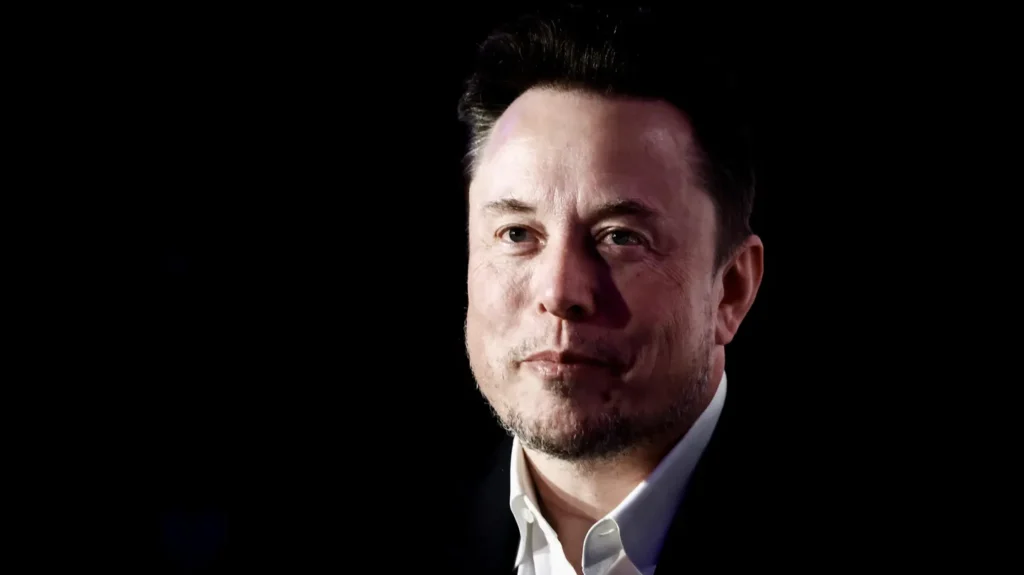
Elon Musk announced on Wednesday that X will soon conceal metrics such as reposts, likes, and replies from the timeline, aiming to streamline the platform’s appearance. This change marks another significant design adjustment for the social media platform, following last year’s modification on how X presents links to news articles.

Spain has recently imposed a ban on Worldcoin, a digital ID cryptocurrency venture spearheaded by Sam Altman, the CEO of OpenAI. The decision comes after Spain’s privacy watchdog expressed apprehensions regarding the manner in which the company’s eyeball-scanning technology collects and handles biometric data.
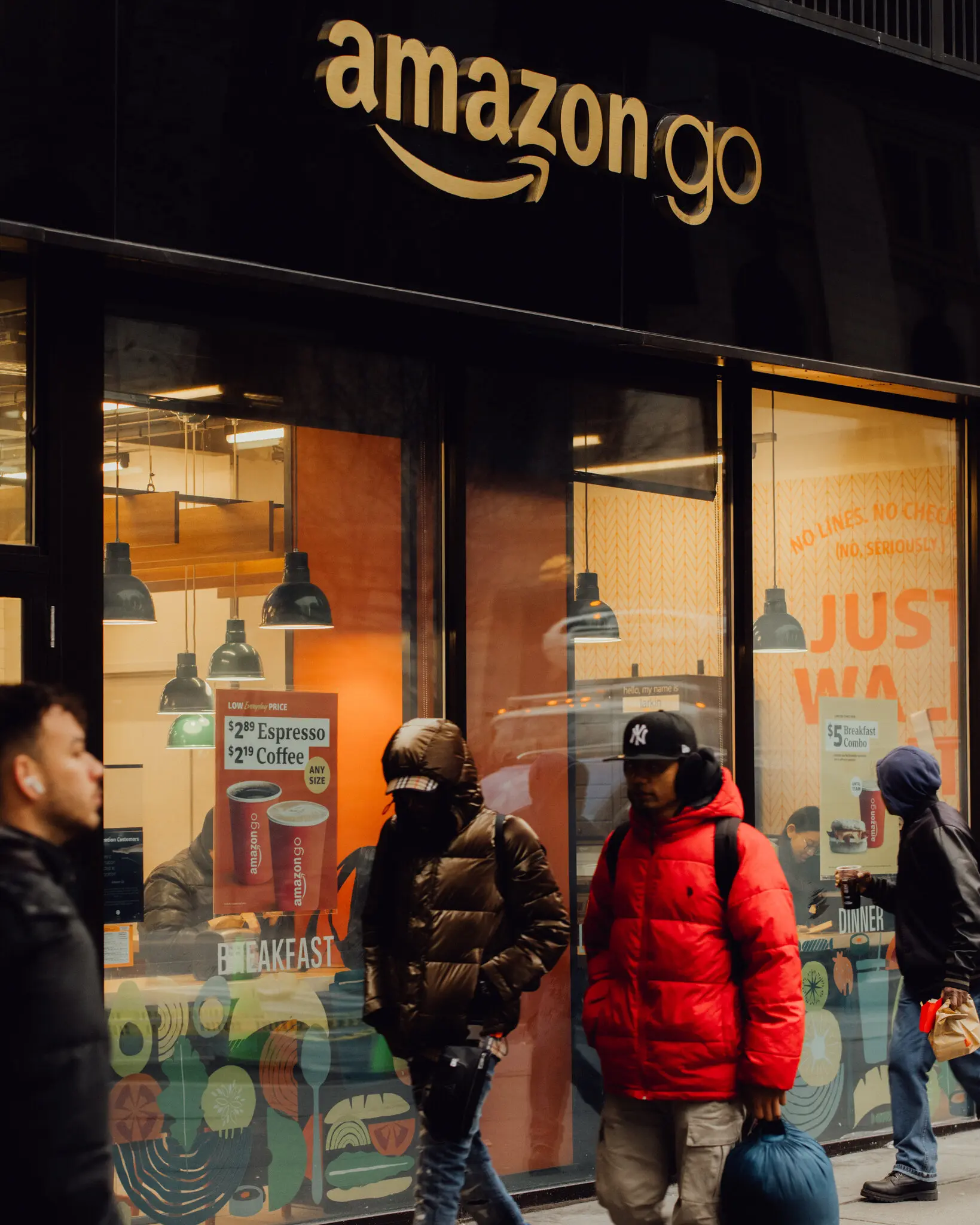
Amazon Launches New AI Shopping Assistant, Rufus
Amazon has joined the consumer chatbot arena with the introduction of a new artificial intelligence personal shopping assistant, marking the company’s endeavor to keep pace with other tech giants in the field.
The newly unveiled tool, Rufus, allows customers to directly pose product-related queries within the search bar of Amazon’s mobile app, as outlined in a blog post by the company. Rufus responds to inquiries in a conversational manner, offering insights and recommendations. Examples provided in the announcement include comparing various coffee makers, gift suggestions, and inquiries about the durability of running shoes.
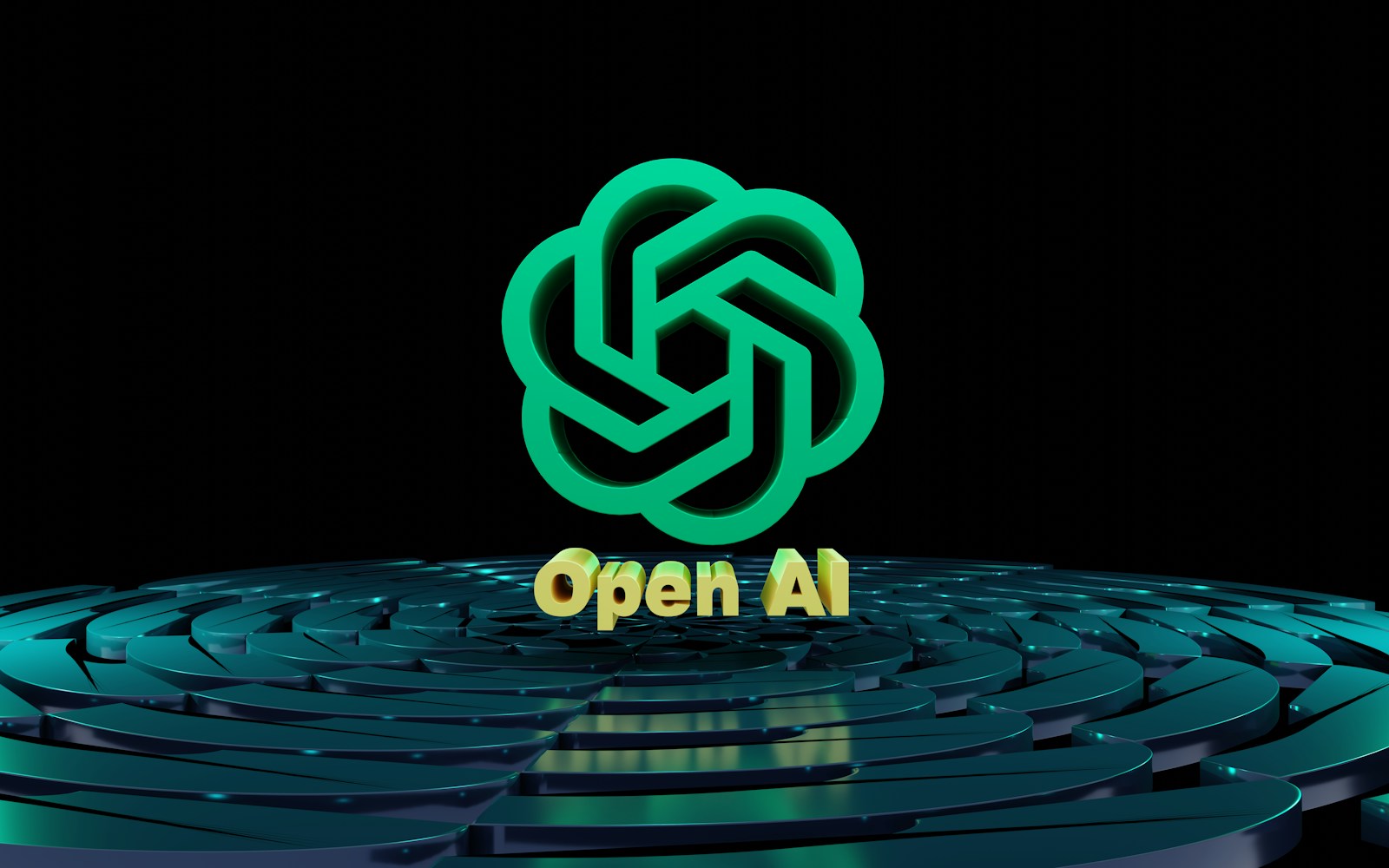
Amidst the hustle of Silicon Valley, Google’s top lawyer, Kent Walker, disrupted the routine of his team on a fateful Friday before Christmas. Summoning four employees to SL1001, they faced an urgent task: preparing for an executive meeting to discuss Google’s product safety, a meeting whose agenda had suddenly shifted due to the urgency of embracing artificial intelligence (A.I.) technologies.
